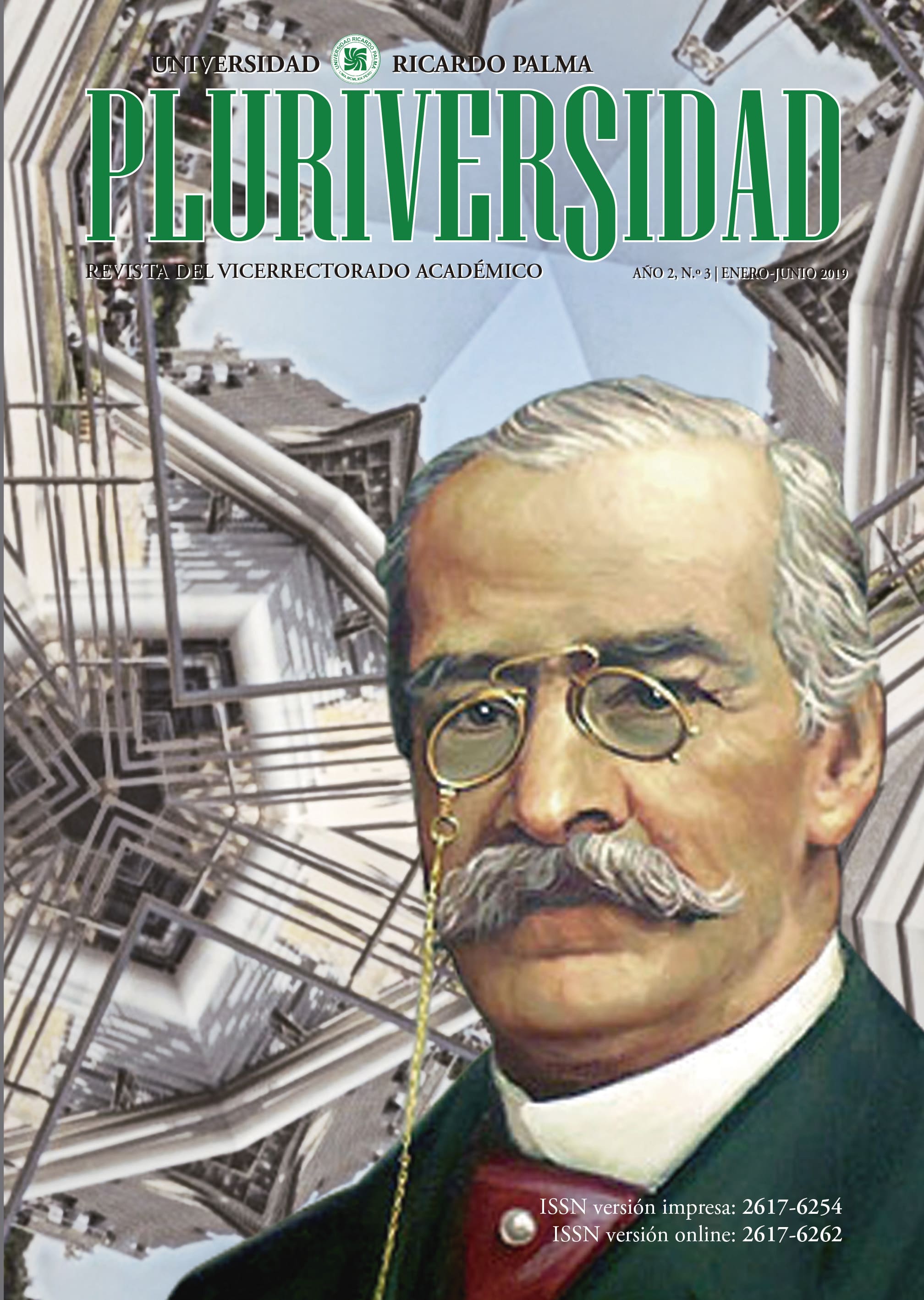Logic: historical topics, the logic in Peru
DOI:
https://doi.org/10.31381/pluriversidad.v3i3.2236Keywords:
Aristotle, syllogism, Leibniz, proposition, inference, José Francisco Miró QuesadaAbstract
The brief journey of logic through history allows us to register the basic concepts that have The Aristotle’s Analytics as a starting point, particularly the Aristotelian syllogistic. Thus, we can appreciate an analysis of the syllogism thread between Leibniz, Euler, Boole, Frege, Peano and Russell, where the notions of inference, proposition, truth-validity, language-object and metalanguage are focused, and especially the concept of logical calculation. In this calculation, the central themes are the propositional logic and the logic of predicates of the first order. In this sense, and for the first time, the philosopher José Francisco Miró Quesada Cantuarias introduced the teaching of logic in Peru and Latin America. We can see these topics in his book Logic (1946), and in more detail in Logic 1: Philosophy of Mathematics (1980). Juan B. Ferro Porcile, Walter Redmond & Carlos Cifuentes were other relevant exponents in the dissemination of logic.





